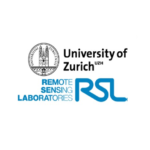Consortium
The consortium’s lead partner is the Faculty of Geo-Information Science and Earth Observation (ITC, University of Twente) which is a leading international institute recognized pioneer in combining technology, geoinformation science and spatial engineering with the natural and social sciences to deliver high-quality science output. ITC has extensive proven experience in using EO data in combination with models for the assessment, monitoring, planning and management of natural resources.
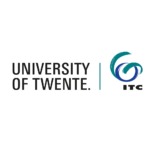
Stichting Wageningen Research (WUR) has complementary strengths in the combination of vegetation, biodiversity and EO science expertise and experience embedding rigorous scientific foundations and scientific evidence in policy processes at local, national, regional and global levels of governance, thereby integrating remote sensing and in situ information into a wide range of applications.
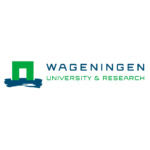
Vision on technology for a better world (VITO) has a long track record in sustainable development. VITO’s remote sensing department is experienced with regional, European and global work, being a key developer and contributor to Copernicus and outside, with large and diverse datasets in cloud environments.
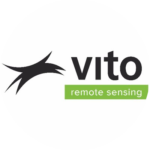
The Centre National de la Recherche Scientifique (CNRS) is France’s most prestigious public basic-research organization.
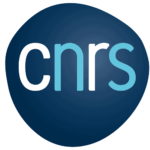
Lund University (LUND) is one of the largest research organizations in Northern Europe and has a world-leading profile in environmental and global change science and sustainability studies.
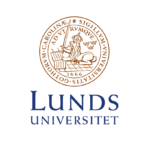
The UN Environment Programme World Conservation Monitoring Centre (UNEP-WCMC) is a specialist Centre on biodiversity. UNEP-WCMC confronts the global crisis facing nature, ensuring science, knowledge and insights shape global and national policy and by collaborating with partners around the world to build capacity and create innovative solutions to environmental challenges.
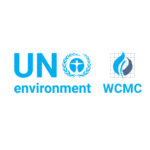
The Finnish Environment Institute (SYKE) is Finland’s leading environmental research institute with wide expertise in environmental protection, monitoring, and sustainability issues.

The Remote Sensing Laboratory (RSL) of the University of Zurich (UZH) is a well-known, and prestigious remote sensing lab, which goal is to advance understanding of the Earth system sciences using EO methods considering the impact of the human dimension on regional, national and even global change.
